8 Good Books for your March Reading List
Here are 8 good books to add to your March reading list.
Each has inspired me, intrigued me, or offered some kind of actionable advice for the trials of full-time affiliate marketing.
Enjoy!
Show Your Work
Anybody who has felt Writer’s Block should be jealous of Austin Kleon.
His first book, Steal Like an Artist, rode a wave of enormous fanfare to the top of the Bestsellers list and stayed there. I read the whole thing in about 50 minutes.
Nicely done, Mr. Kleon.
It’s like he slapped together his most read blog posts, sandwiched them between some artsy fartsy illustrations, and cashed the cheque.
That said, less is more.
Austin has a nice writing style that offers actionable advice on the ‘small things’ in your business life. It may only be a short read, but you’ll pick up at least two or three lightbulb suggestions.
Show Your Work is probably less relevant to affiliates than Steal, but it’s good for a quick pick-me-up over coffee.
How to Fail at Almost Everything and Still Win
Written by Scott Adams, aka ‘the guy who does the Dilbert comic’, this book has been passed round the affiliate community like a bad case of herpes.
Barman spoke highly of it, as did Charles Ngo.
I’m torn by it.
There is some excellent advice for living your life by systems instead of goals. Adams argues that goal-setting leads to discouragement through the constant exposure to failure:
“Have I achieved my goal? No, therefore I’m a failure.”
vs.
Have I followed my system? Yes, therefore I’m increasing my chances of success.”
He has some very good points.
The rhetoric is hurt somewhat by the corniest endorsements of positive affirmations I’ve seen since accidentally watching The Secret. It’s incredibly American. Those of a dry, British disposition will wait until the house has been empty for at least six hours before taking a crack at it:
“I, Finch, am a strong and confident woman.”
“I, Finch, am a strong and confident woman.”
Like most vegetarians writing a self-help book, Adams then spirals in to a tangent over the benefits of eating really bland food and exercising a lot.
Don’t get me wrong. I love what How to Fail has to say on systems and not following your passions. The rest sat uneasily on my feathers.
Still worth picking up.
Chronic Marketer
I picked up this book half expecting it to set our industry back a decade. The ugly ducklings of the marketing landscape: drowning in Mary Jane from 9-5, sometimes getting out of bed. Sometimes.
It was actually a really interesting read, packed full of insights from a guy who has lived and breathed the Adult industry (from a safe distance, as far as I’m aware).
If you want to know what marketing techniques you should be learning in 2014, there’s a very simple solution: go watch some porn.
It’s the most competitive online space, and it demands the most effective advertising.
Many of the persuasion devices we take for granted today were tried and tested in the porn business first. Brad Gosse touches on this in Chronic Marketer, but he also offers excellent advice for scaling your business and detonating any fear of failure.
The Lean Startup
I guess I’m a little late to the party. This book has been on my radar for a long time.
I finally picked up a copy only to find… these are the exact principles I, and most affiliates, have been using for years.
The Lean Startup boils down to three concepts: test, measure and improve.
Eric Ries argues that most companies fail because they commit time and money to unproven concepts. They go to market with the wrong product. The introduction of shorter test cycles would bring this mistake to light much earlier, and so he advocates the validated learning of minimum viable products.
Affiliates swear by lean marketing (which is why we’re the best online marketers in the world), so much of this book will merely highlight how wrong the rest of the world has been doing it.
While Ries may not be pioneering much of his own making, he certainly puts together a compelling argument. If you have any interest in startups whatsoever, this is a must-read.
If you already swear by lean principles, I suggest pillaging the many books on Toyota’s management for more.
Operation Mincemeat
One of the most famous (and successful) wartime deceptions ever attempted.
Operation Mincemeat saw the corpse of Major William Martin, a British Royal Marine, washed ashore in the south of Spain. Tied to his body was a briefcase full of personal items and important military documents. When pieced together by Nazi officials, those documents would indicate an imminent Allied attack on Greece. Except… Major William Martin never existed. The corpse was a Welsh tramp, the documents were all fakes, and the attack was aimed at Sicily.
Like many affiliates, I read a lot of psychology books. How to sell, how to persuade, how to do this, and how to do that. It gets repetitive. This book is a remarkable case study of persuasion at its finest.
It reconstructs how British Intelligence sold Hitler a story that would help change the course of World War 2.
A classic tale of ‘knowing your market’, with stakes that thousands of lives depended on.
Double Cross
Similar in theme to Operation Mincemeat, and written by the same author.
This is another story of seduction, persuasion and meticulous planning.
Double Cross follows the D-Day spies who kept thousands of German troops away from the successful Normandy landings — without firing a single weapon. A quintessential psychological mindfuck that the Nazis never recovered from.
The book is littered with real-life examples of cognitive ‘blind spots’ that a clever marketer can exploit. But more importantly, it’s a true story worth reading.
Inside Apple
I’m not an Apple ‘fanboy’, but I use many Apple products.
Gadget disclosure: I have an iMac and an iPad. My phone is a Samsung Galaxy S4. My laptop is, well… it’s an HP piece of shit.
Okay, here we go: I admire Apple, and you should too.
(Hissssssss…)
I’m intrigued by the secret sauce that goes in to Apple products. Such closely guarded secrets, and so eagerly devoured. How do they do it?
Inside Apple does a good job of delving in to Apple’s decision-making process. It puts forward a cohesive argument for whether that success can continue without Steve Jobs.
It’s a brisk read.
If you’ve seen the epic 590 page Steve Jobs biography hogging the bestseller shelf and thought, “Well, I’d like to know the guy’s tricks, but I don’t give a shit about his high school or upbringing“, then this is the book for you.
The Amateurs
If you are British, with an appetite for profanity, and a fucked up sense of humour — and especially if you enjoyed Kill Your Friends — prepare to lose a weekend.
The Amateurs is about golf, murder and sex.
A strange combination that produces immense belly laughs mainly because John Niven is such a bad, bad man.
Blog Updates:
As you can see, the site has been given a lick of paint. Crucially, my face is now featured centerfold on the homepage.
Treasure me, I won’t be here forever. (As I say to my girlfriend every night…)
I was gutted to miss the recent STM Bangkok meetup. I trust those of you who made the journey absolutely smashed it to pieces. Let me know how you found Thailand!
I’m heading to Bangkok and Hua Hin next month. I will also be at Clickdealer’s Barcelona meetup having scooped some tix from their revenue generating competition. Thanks Clickdealer!


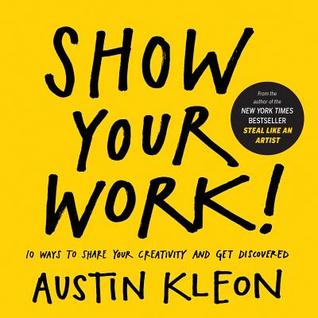
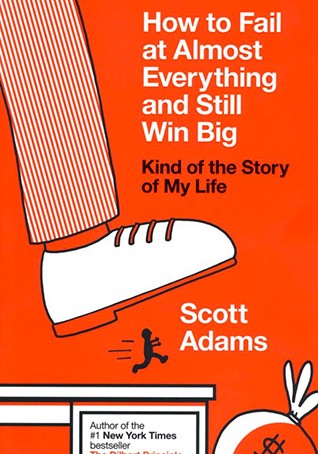
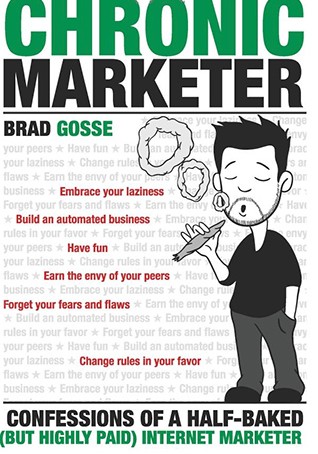
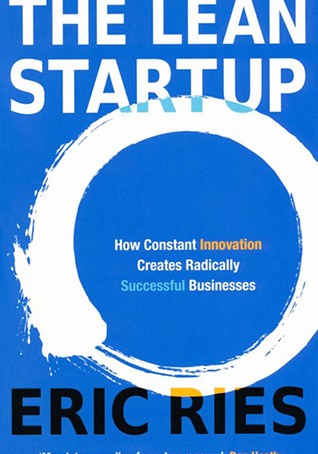
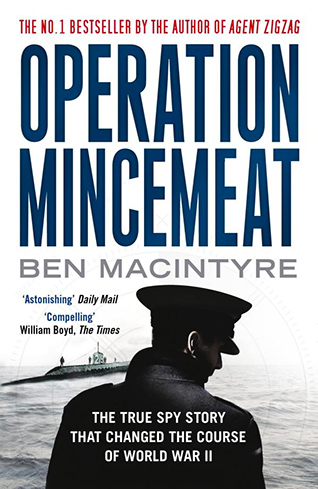
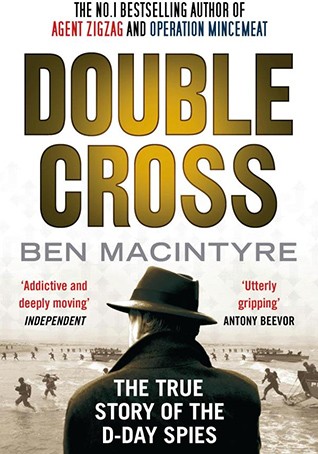
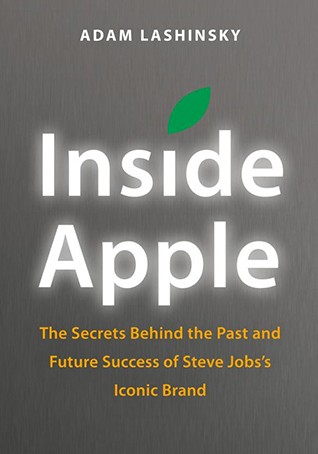
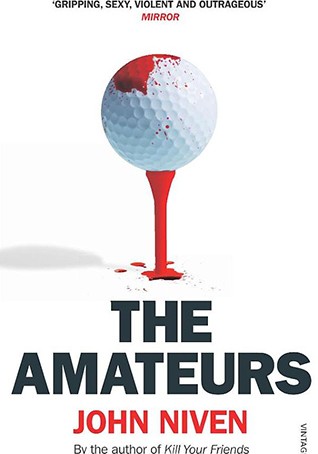

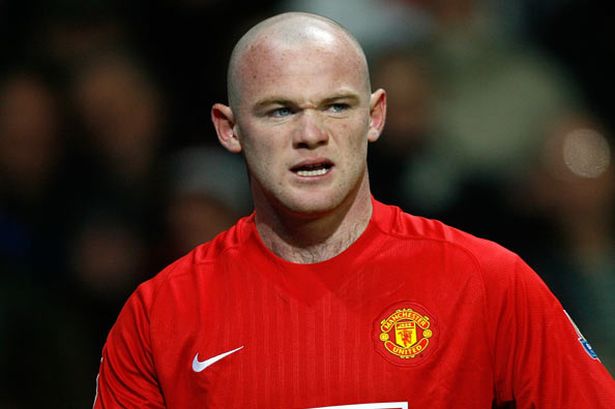

Guys download thse 54 beautifully designed business book summaries that will skyrocket your business @ www.TheBillionairesBrain.com